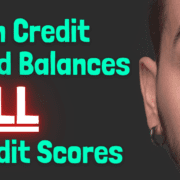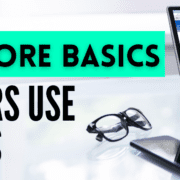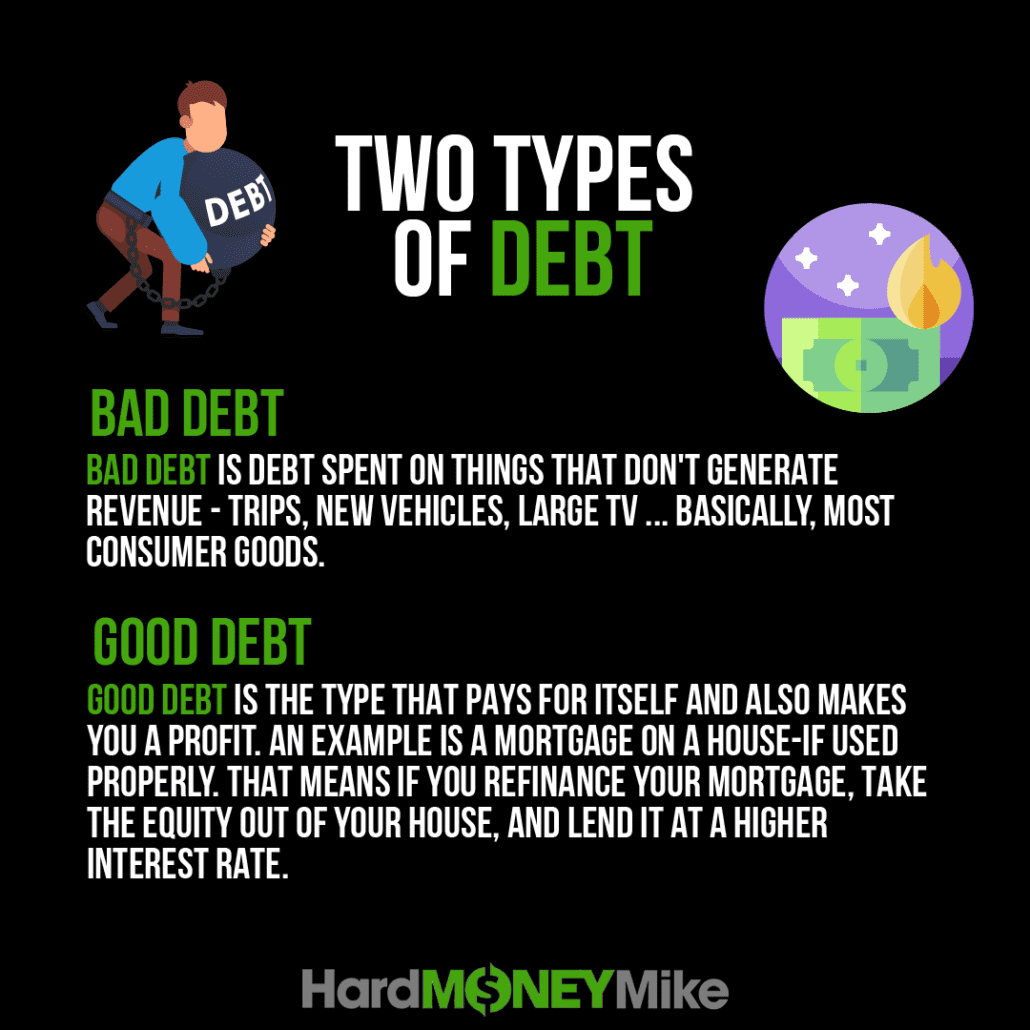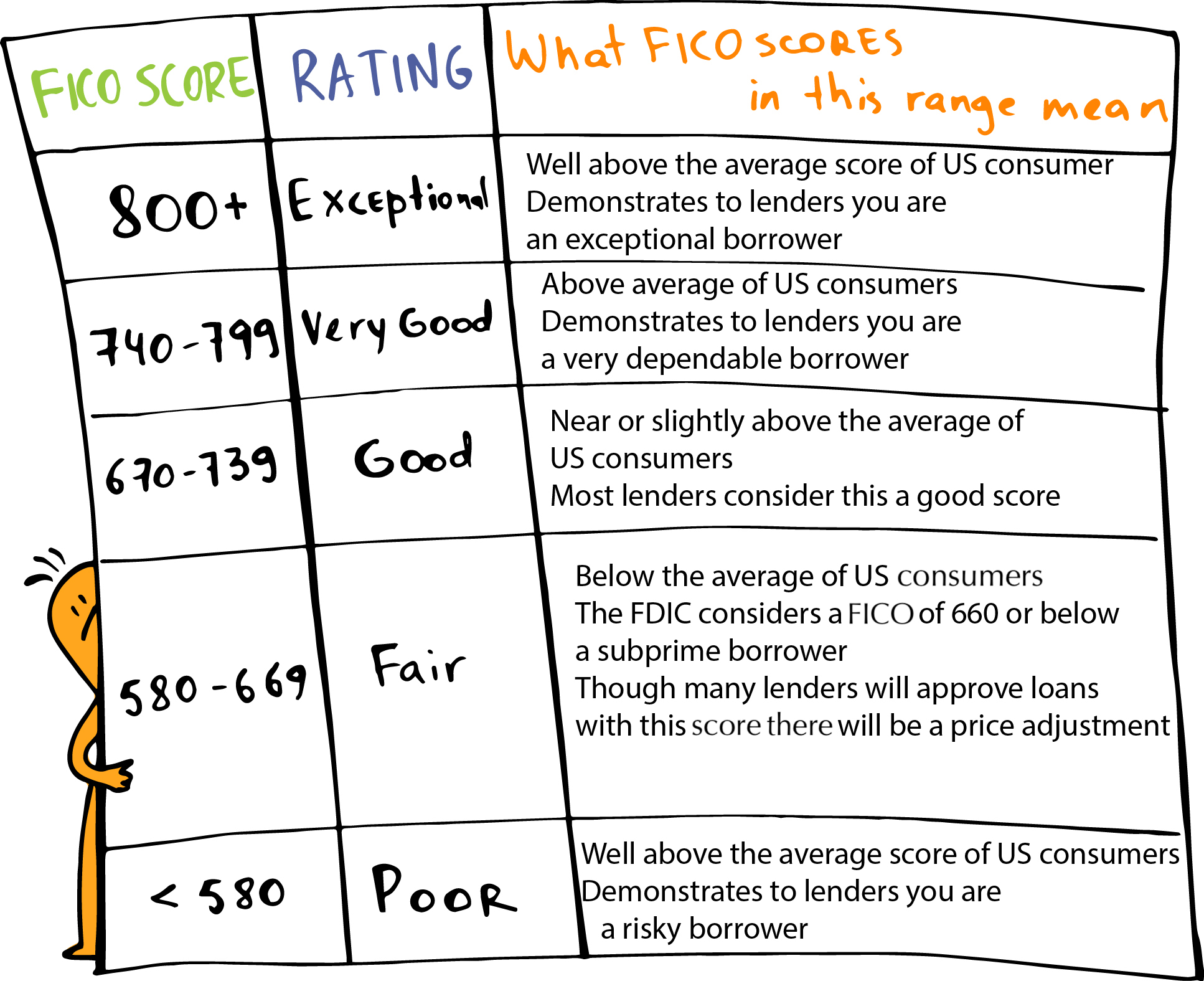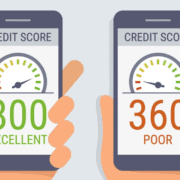Low Credit Score: A Quick, Easy Solution
Low Credit Score: A Quick, Easy Solution
Do you have a low credit score? If you do, then it’s likely making a big dent on your cash flow. Because a low score means paying higher rates. And higher rates mean less money in your pocket.

At Hard Money Mike, one of the main questions we hear from real estate investors is, “What credit score do I need to get a loan?” And when they hear the answer, many of those investors are unhappy about it.
Because they have a low score…too low for a traditional loan, at least. And traditional loans have some of the lowest interest rates available.
But, why is your credit score so low?
Well, there’s some common issues you probably already know about (ex: unpaid bills, late payments, etc.). But did you know one of the biggest issues is high credit card balances?
Yes, even if you pay some of your credit card off each month, as long as you maintain a high balance, then it’s going to ding your credit score.
For example, if you have a maximum credit line of $8,000, and you maintain a $6,000 balance, then creditors think you’re a high risk. Therefore, they penalize you by taking points off your credit score.
To make matters even more frustrating, many real estate investors have to use their credit cards to pay for renovations on a value-add property. Otherwise, their project might stall.
What can you do?
Well, technically, the best solution is to get a loan to pay off your credit cards.
But, if your score is too low, you won’t be able to get a loan.
AHHH!
Yeah, it can be a real conundrum. And we’ve seen it impact our clients countless times. So, here’s our suggestion:
Take your loan private.
Don’t go to a bank or another traditional lender. They will just reject your application. Instead, find someone (like Hard Money Mike) who can help you repair your credit score by setting up a private loan. That way you can:
- Pay off your credit cards
- Raise your score
- Get an affordable loan AND rate
After you pay off your credit cards with a private loan, you can resume normal business. Just remember to keep your credit card balances as low as possible. In other words, don’t use more than 20-30% of your credit line. If you exceed that threshold, then quickly pay off what you can to drop it back down and protect your credit score.
Because a good credit score will lead to the best loan products. And the best loan products will produce the highest cash flow possible.
Happy investing!

